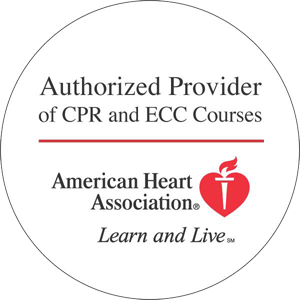Are you considering cutting back on your alcohol consumption? You’re not alone. Many people across the country are drinking less, or even cutting booze out entirely. The reasons for this shift vary. Mental health, weight control, financial constraints, or simply the increased availability of non-alcoholic options are common reasons given. For others, the main motivator is the effect of alcohol on physical health.

The Impact of Alcohol on Heart Health
Drinking too much alcohol can contribute to high blood pressure, obesity, depression and anxiety, stroke, high cholesterol, and more. Heavy drinking has been shown to prematurely age the arteries, and can lead to poor sleep and food choices.
Binge drinking – defined as four or more drinks in two hours for women and five or more drinks in two hours for men – is even more harmful. The risks of binge drinking include irregular heartbeats, stroke, blood clots and even heart failure.
How Much Alcohol is Safe to Drink?
The American Heart Association recommends “moderate” alcohol consumption. This means an average of one drink per day for women, and one to two drinks per day for men. The amount in each drink matters, too: one drink is defined as 5 ounces of wine, one 12-ounce regular beer, or 1.5 ounces of 80-proof spirits.
What About Red Wine?
There has long been a common belief that drinking a glass of red wine each day is good for the heart. It’s true that there are some components in red wine (such as flavonoids, resveratrol, and antioxidants) that can benefit heart health. However, those nutrients are easily found in other foods, such as blueberries and red grapes.
If you’re looking to improve heart health, it’s best to focus on lifestyle changes such as eating a healthy diet, exercising regularly, quitting smoking, reducing stress, and getting enough sleep.
Read: How to Stay Healthy This Winter
The Bottom Line: Moderation is Key
If you drink, talk to your doctor about your risk factors. They can help you determine whether and how much is safe for you to drink. In general, focus on moderation – one drink per day or less – to minimize the risk to your heart, health and happiness.
What’s one of the best ways to protect the hearts of those you love? Learn CPR! Because most cardiac arrests occur in the home, keep your loved ones safe with HeartCert CPR training.
HeartCert CPR is your trusted training partner for CPR, ACLS, PALS, EMR, First Aid, CNA, IV, EKG and more.
HeartCert CPR courses include CPR/AED/First Aid, Basic Life Support (BLS), Advanced Cardiac Life Support (ACLS), Pediatric Advanced Life Support (PALS), Certified Nursing Assistant training, IV training, EKG training, babysitter basics and more. Courses and certifications from both the American Heart Association and American Red Cross are available.
We are now offering virtual CPR courses and certifications. We offer safe in-person courses at all HeartCert locations throughout the United States, including our headquarters, HeartCert CPR Eagan.








